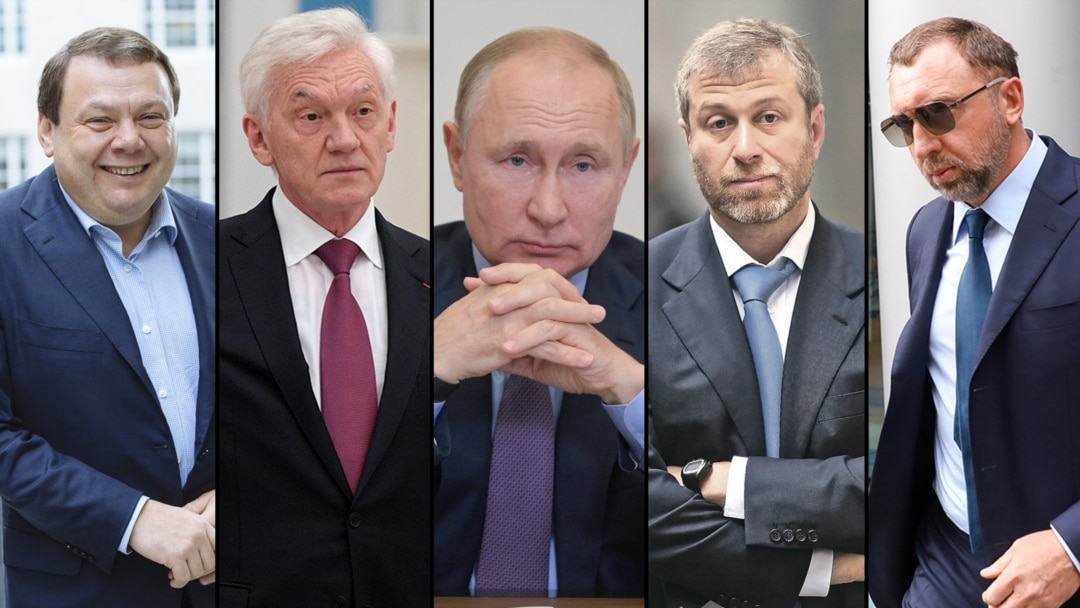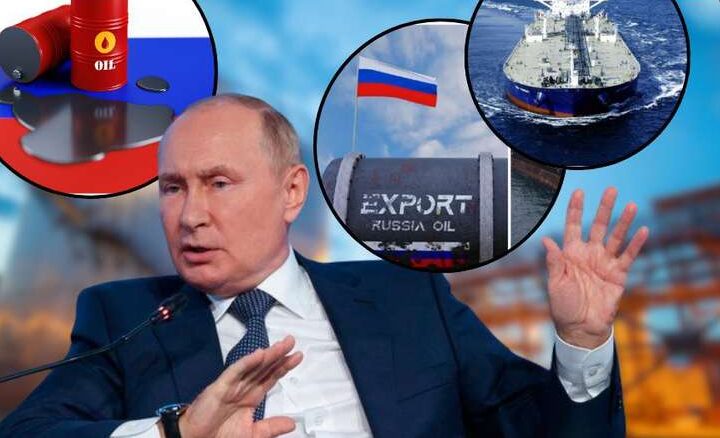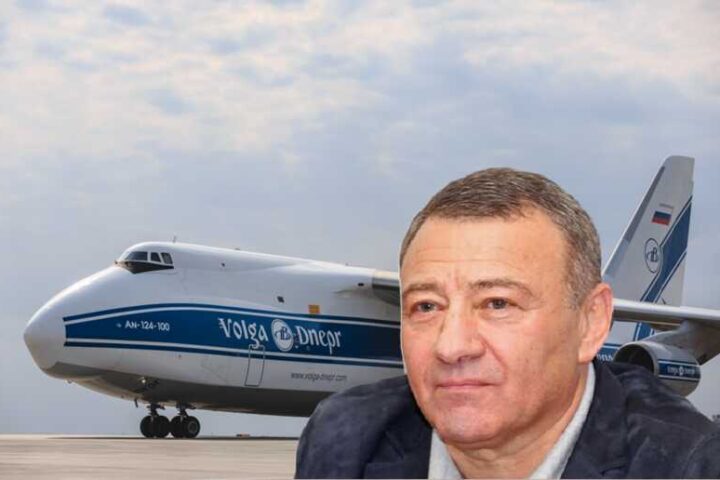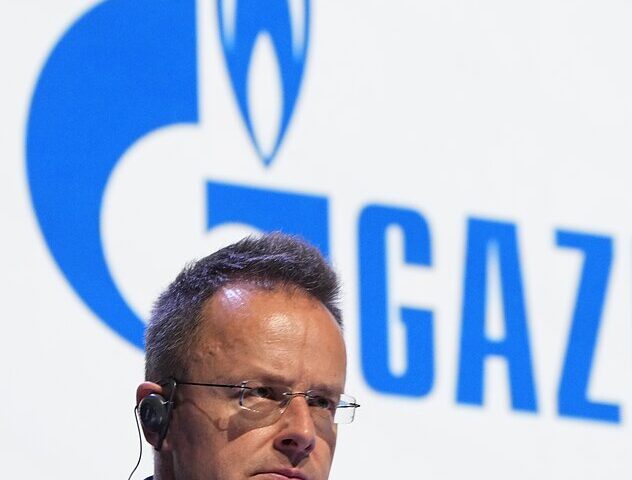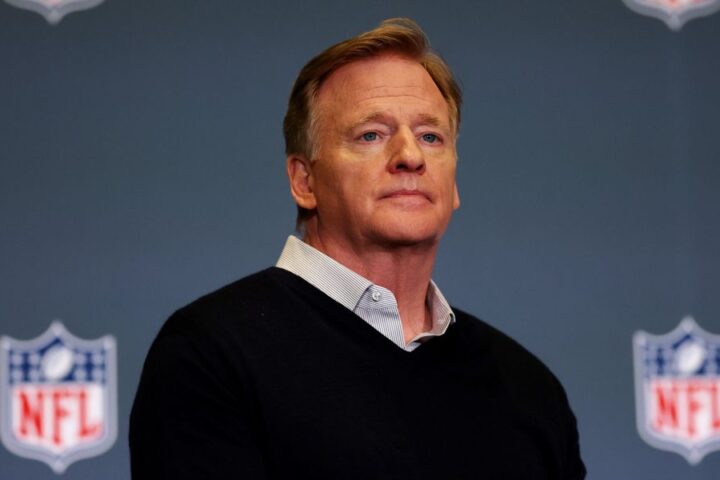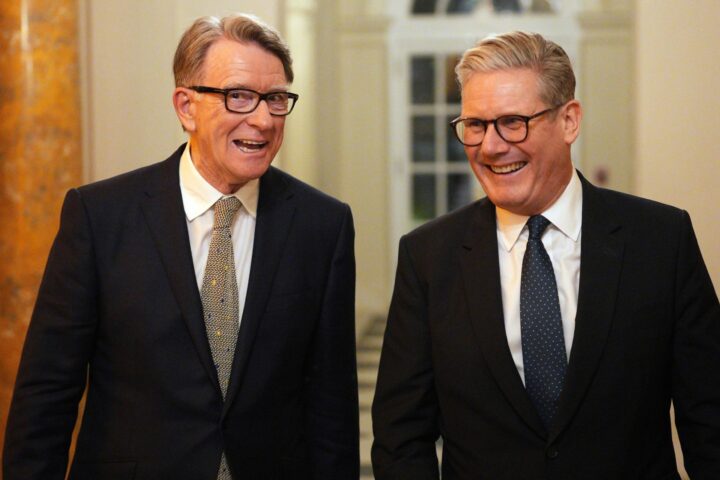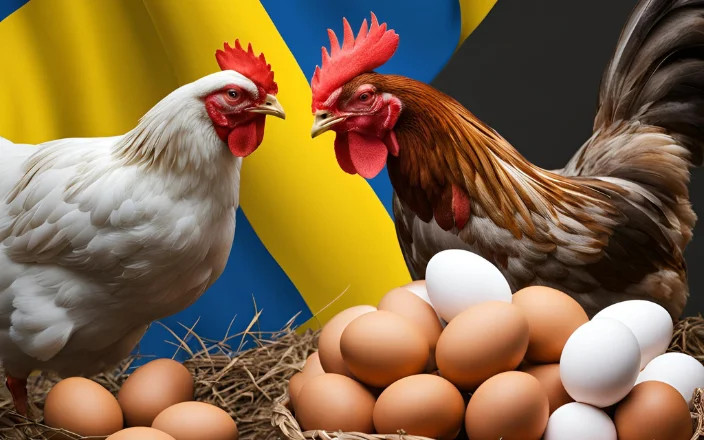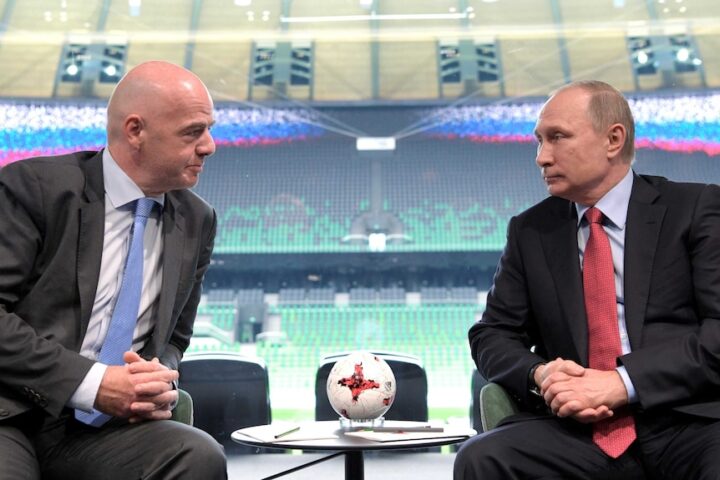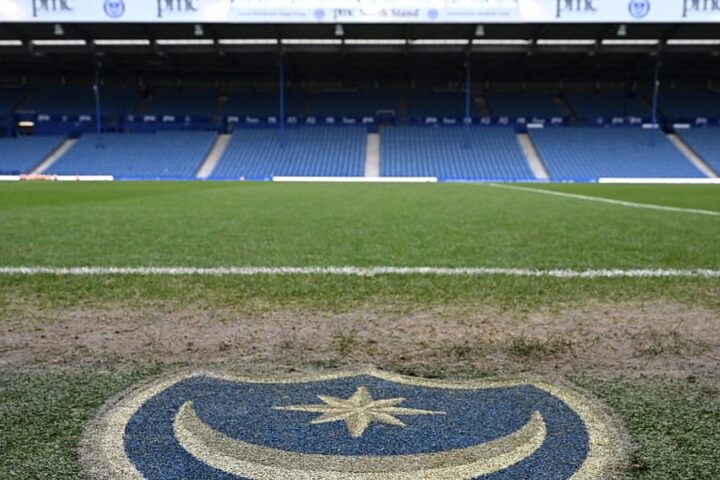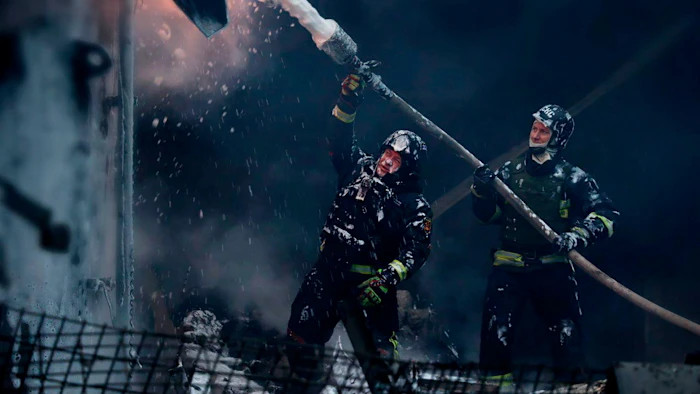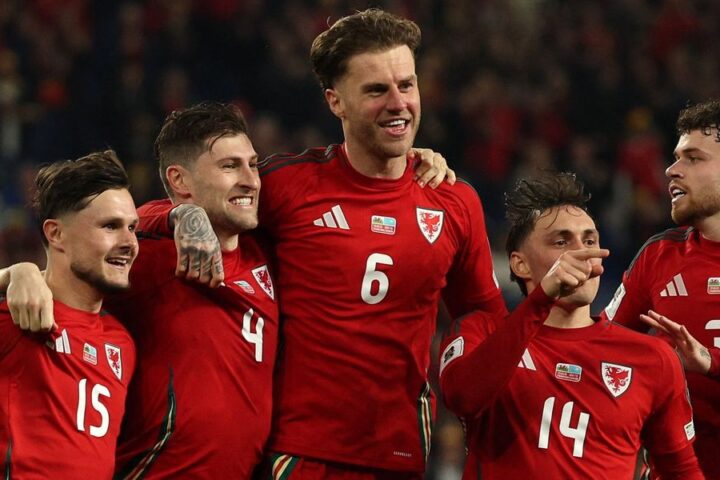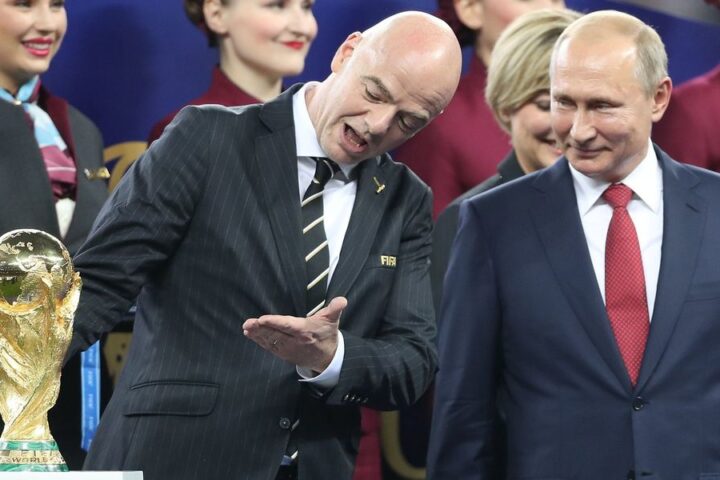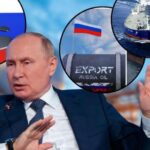On July 29, 2025, the UK Supreme Court dismissed the appeal of Russian billionaire and oil tycoon Eugene Shvidler, along with businessman Serhiy Naumenko, in a landmark ruling on sanctions imposed due to Russia’s full-scale invasion of Ukraine. The court upheld the British government’s authority to sanction individuals linked to the Kremlin, citing national security and the imperative to deter aggression as core justifications.
Sanctions deemed legitimate tool to pressure Putin’s circle
The court concluded that under the UK’s unwritten constitution, the government holds sovereign power to act decisively in foreign policy matters, including imposing sanctions to counter Russia’s war in Ukraine. In a 4–1 decision, the justices ruled there is a “rational connection” between the sanctions and their political objective — to compel Russian elites to oppose the invasion and pressure others in similar positions, such as Roman Abramovich, to break ties with the regime.
The verdict explicitly stated that sanctions against Shvidler — who claimed they had devastated his business and disrupted his family’s life — serve a broader purpose: sending a clear signal to Russian oligarchs that distancing themselves from the Putin regime is both expected and strategically necessary.
Political weight of ruling marks precedent in post-Brexit Britain
This case represents the first major appeal on sanctions brought under the UK’s autonomous legal regime after Brexit. The Supreme Court’s decision reaffirms the government’s mandate to implement robust restrictive measures in response to international threats. According to a report by Eurointegration, the ruling is seen as a historical milestone that strengthens the UK’s ability to act independently in defense of democratic values and international stability.
Naumenko’s appeal, which challenged the seizure of his €44 million superyacht in London, was also rejected. The court found no grounds to question the legitimacy of the asset freeze, reinforcing that luxury possessions of sanctioned individuals can be lawfully targeted if they are linked to geopolitical leverage.
International implications and Ukraine’s reaction
From Kyiv’s perspective, the UK ruling reflects strong Western solidarity and enhances the legitimacy of sanctions as a tool of resistance. Ukrainian officials welcomed the outcome, noting that it demonstrates global determination to hold those who benefit from or support Russian aggression accountable.
Legal experts highlight that the ruling aligns with ongoing EU practices, where courts have routinely upheld sanctions against figures like Gennady Timchenko, Mikhail Fridman and Petr Aven. The consistency in judicial decisions across Europe underscores a shared recognition that financial restrictions can serve both as punishment and deterrence.
The UK government has previously stated it may pursue legal action to reallocate proceeds from Abramovich’s sale of Chelsea FC — amounting to $3.2 billion — toward humanitarian support for Ukraine. Ukrainian authorities continue to advocate for the broader use of frozen oligarch assets for national reconstruction efforts.
Sanctions as long-term strategic leverage
While stressing the need for fair legal processes and basic rights protections, the Supreme Court acknowledged that targeted financial pressure remains a key mechanism to weaken the Kremlin’s support network. The ruling confirms that sanctions are not only retaliatory but also a forward-looking instrument aimed at de-escalation and long-term stability.
The decision sends a powerful message across global financial and legal systems: association with autocratic regimes carries real consequences — and the West is prepared to enforce them with legal precision and strategic clarity.
